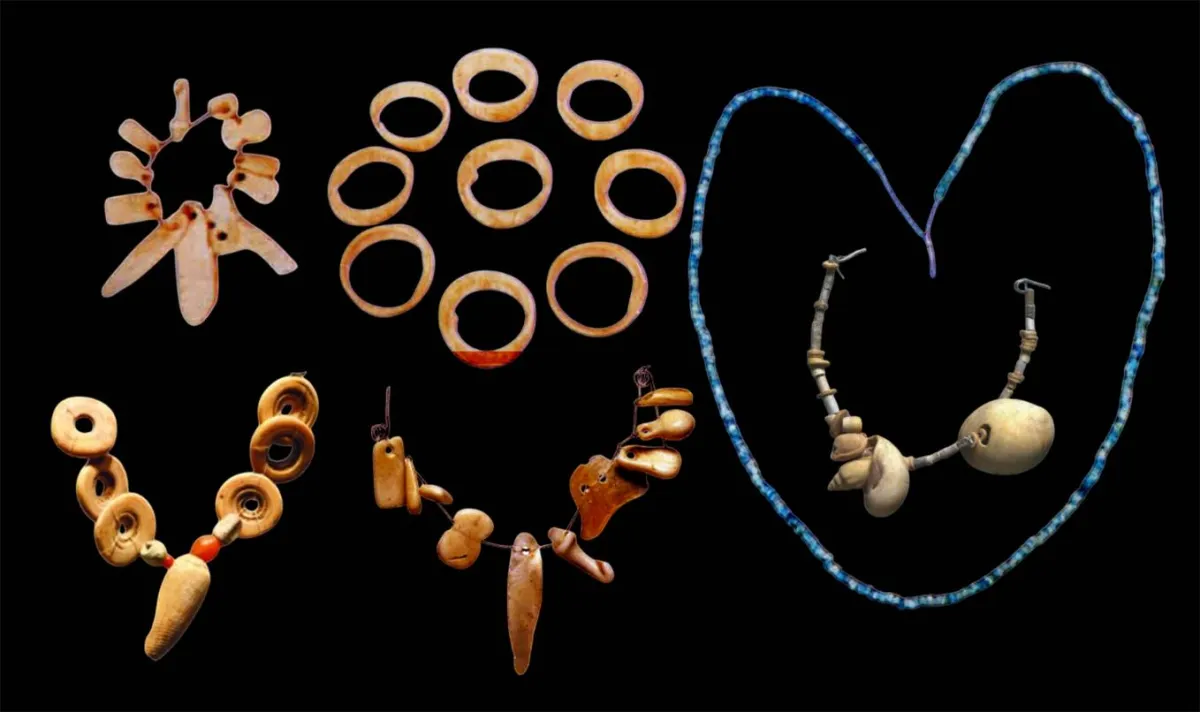Introduction to Anasi al-Hajj’s Poetry
Anasi al-Hajj is a Lebanese poet known for his unique and expressive style, which explores the themes of love, innocence, and cosmic femininity. His poetry is a reflection of his deep understanding of human emotions and his ability to convey them in a way that is both powerful and beautiful. In his works, al-Hajj often focuses on the experience of love and its various manifestations, making him a prominent figure in modern Arabic poetry.
The Evolution of Love in al-Hajj’s Poetry
The topic of love is a central theme in al-Hajj’s poetry, and it evolves throughout his works. In his early poems, love is often portrayed as a brutal and intense force, while in his later works, it becomes more refined and subtle. This evolution is evident in the way al-Hajj uses language, which becomes more honest and transparent over time. For example, in his poem "What did it make with gold, what did you do with the rose?" al-Hajj announces the dominance of femininity over masculinity, highlighting the importance of the female figure in his poetry.
The Influence of Other Poets on al-Hajj’s Work
Al-Hajj’s poetry is not isolated from the influence of other poets. He draws inspiration from various sources, including the French poet Baudelaire, whose style and themes can be seen in al-Hajj’s work. For instance, in his poem "Will not," al-Hajj uses a "biological" language, which is reminiscent of Baudelaire’s style. Additionally, al-Hajj’s poetry is influenced by the German poet Rilke, whose themes of love and longing are echoed in al-Hajj’s works.
The Cosmic Femininity in al-Hajj’s Poetry
The concept of cosmic femininity is a central theme in al-Hajj’s poetry. He portrays women as powerful and mysterious figures, who embody the essence of love and life. In his poem "The apostle with its long hair to the Springs," al-Hajj explores the relationship between women and men, highlighting the victory of cosmic femininity over masculine dominance. This theme is further developed in his poem "The Messenger, The Sheet," where al-Hajj uses pronouns and repetition to create a sense of intimacy and longing.
The Use of Language and Imagery in al-Hajj’s Poetry
Al-Hajj’s poetry is characterized by its rich and expressive language, which is filled with imagery and symbolism. He uses verbal formulas, repetition, and metaphor to convey the intensity of human emotions. For example, in his poem "I swear to forget my poems to protect you," al-Hajj uses a series of oaths to express his devotion and love. The imagery in his poetry is often vivid and powerful, creating a sense of wonder and awe in the reader.
The Sufi Influence on al-Hajj’s Poetry
Al-Hajj’s poetry is also influenced by Sufi mysticism, which emphasizes the importance of love and spirituality. In his book "Al-rrula," al-Hajj presents a picture of his venerated woman, who embodies the qualities of cosmic femininity. The Sufi influence can be seen in the way al-Hajj uses language and imagery to convey the mystical and spiritual aspects of love.
Conclusion
Anasi al-Hajj’s poetry is a unique and powerful expression of human emotions, which explores the themes of love, innocence, and cosmic femininity. His use of language and imagery creates a sense of wonder and awe, drawing the reader into a world of beauty and spirituality. Through his poetry, al-Hajj offers a profound insight into the human experience, highlighting the importance of love and relationships in our lives. As he says, "Come on, the kingdom is open / Sander of the sensitive at the door of the kingdom / hurry up / The treasures are alone, life alone," inviting the reader to enter a world of love and wonder.

